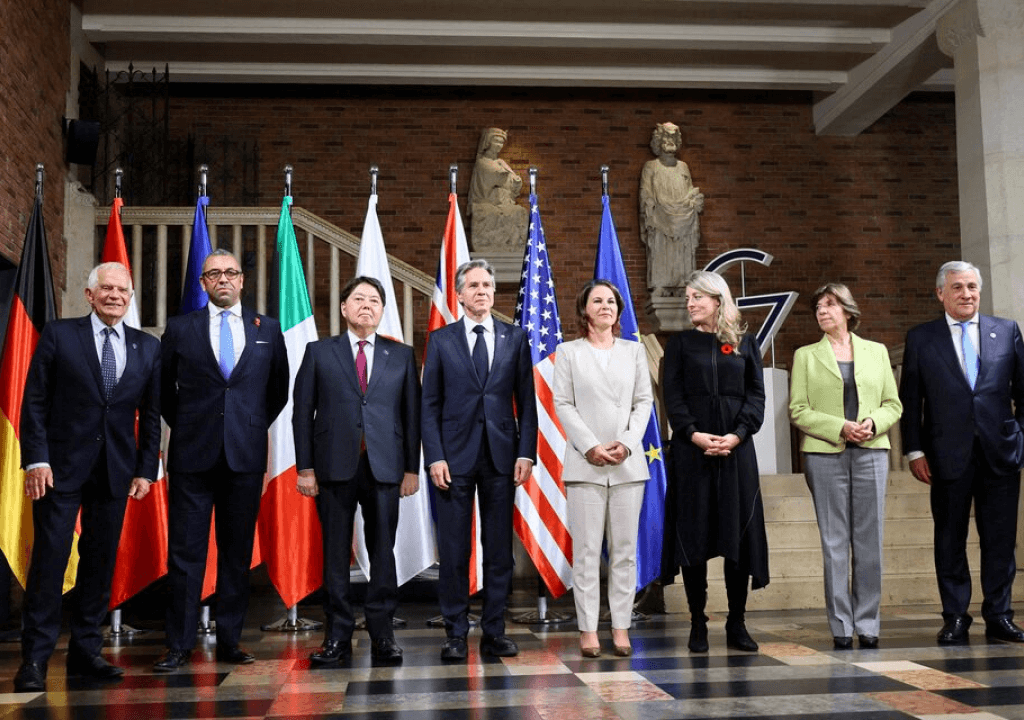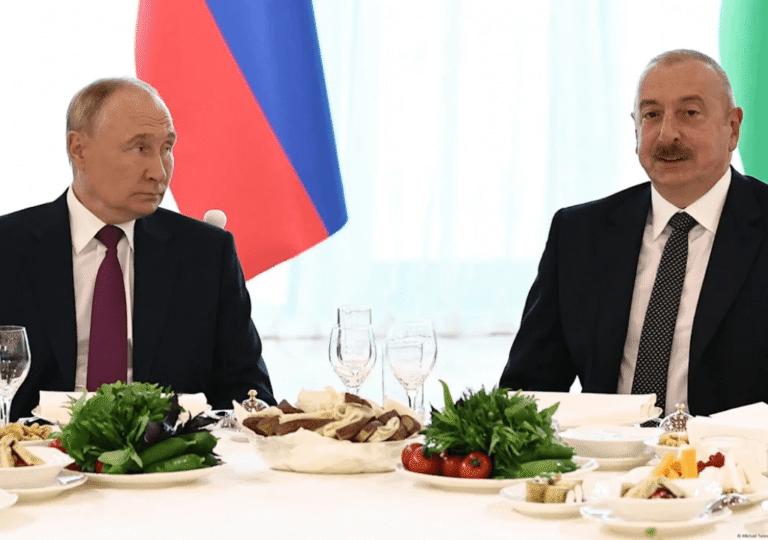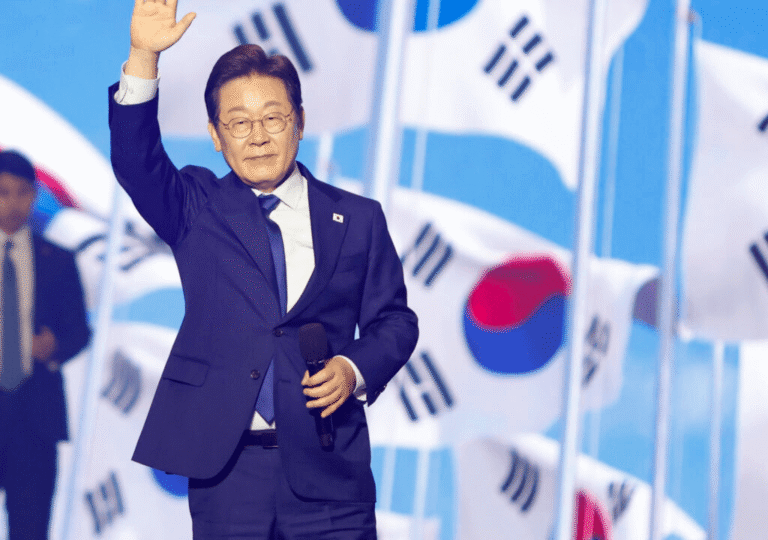In recent years, many geopolitical tensions once thought to be dormant have begun to resurface. Russia is expanding its borders, the Israel-Palestine conflict has reignited, India and Pakistan are once again acting aggressively, and ethnic tensions in Bosnia and Herzegovina are simmering. Alongside this, it seems the Cold War—a war without weapons—is also poised for a return, with Trump appearing determined to curb China, the new communist superpower.
According to Trump, the aggressive, non-compliant, and self-interested China is an economic disruptor that siphons wealth from the West. He argues that the time has come to bring China into check and to build stronger strategic cooperation among Western nations.
This stance is evident in recent moves by the West. Finance ministers and central bank governors from the G7—the world’s leading democratic economies—have pledged to address global “Economic Imbalances.” While framed as a global initiative, it is clear that the measures are aimed at China’s trade practices. In today’s world, where the economy is the primary battlefield and tariffs and other economic tools are the weapons of choice, the actions being considered by top economic officials of the G7 represent a significant step toward adopting a more assertive stance against China and uniting the West.
Back to Traditional
G7 finance ministers and central bank governors signed a joint statement that notably abandoned previous commitments to climate action and softened the group’s traditional defense of free trade. Instead, they shifted their focus toward greater cooperation, united against a shared challenge now framed as global trade imbalances—primarily pointing to trade with China and its economic practices.
The statement affirmed that G7 members will continue monitoring “Nonmarket policies and practices” that distort global trade—widely understood as a veiled reference to China’s export subsidies and currency manipulation, though the country wasn’t mentioned outright.
Compared to the tense G7 foreign ministers meeting in March—overshadowed by U.S. tariff threats and diplomatic strain—the atmosphere among officials from the U.S., Canada, UK, Japan, Germany, France, and Italy was notably more cooperative.
U.S. Treasury Secretary Scott Bessent remarked that there were no major disagreements and described the meeting as a success.
The statement notably avoided any direct mention of U.S. tariffs, which have disrupted global trade flows and added uncertainty. Canadian Finance Minister François-Philippe Champagne dismissed the omission as a technicality, emphasizing that tariffs were actively discussed within the broader context of boosting growth and stability.
With this latest meeting, the G7 top finance officials seem to be stepping away from what is labeled a progressive agenda, refocusing instead on core economic concerns. The bloc now appears more aligned in tackling trade imbalances—and, whether named or not, all are targeting China.
The Target: China
During the 1970s and 80s, the Soviet Union was the default villain in Western culture—from politics to cinema—helping unify the West against a clear adversary. Those decades marked a golden era of Western strength and clarity. But with the collapse of the USSR, that unity faded, leaving the West adrift and unsure of its direction.
Now, under Trump’s revived geopolitical vision, a new enemy has taken shape: China, accused of distorting global trade through imbalances and unfair practices. The narrative is shifting once again, and the West is beginning to realign.
In this new era, where the economy has become the primary battlefield, the G7 appears to be adopting a NATO-like role. The weapons of choice are no longer tanks and missiles, but tariffs and financial pressure. The recent meeting of finance ministers laid the groundwork for the upcoming G7 leaders’ summit, scheduled for June 15–17 in Kananaskis. The White House has confirmed Trump’s attendance, highlighting strong U.S. involvement and its intent to help build and lead this powerful economic bloc.
The West has found its new rival—and the call to unite has returned.








